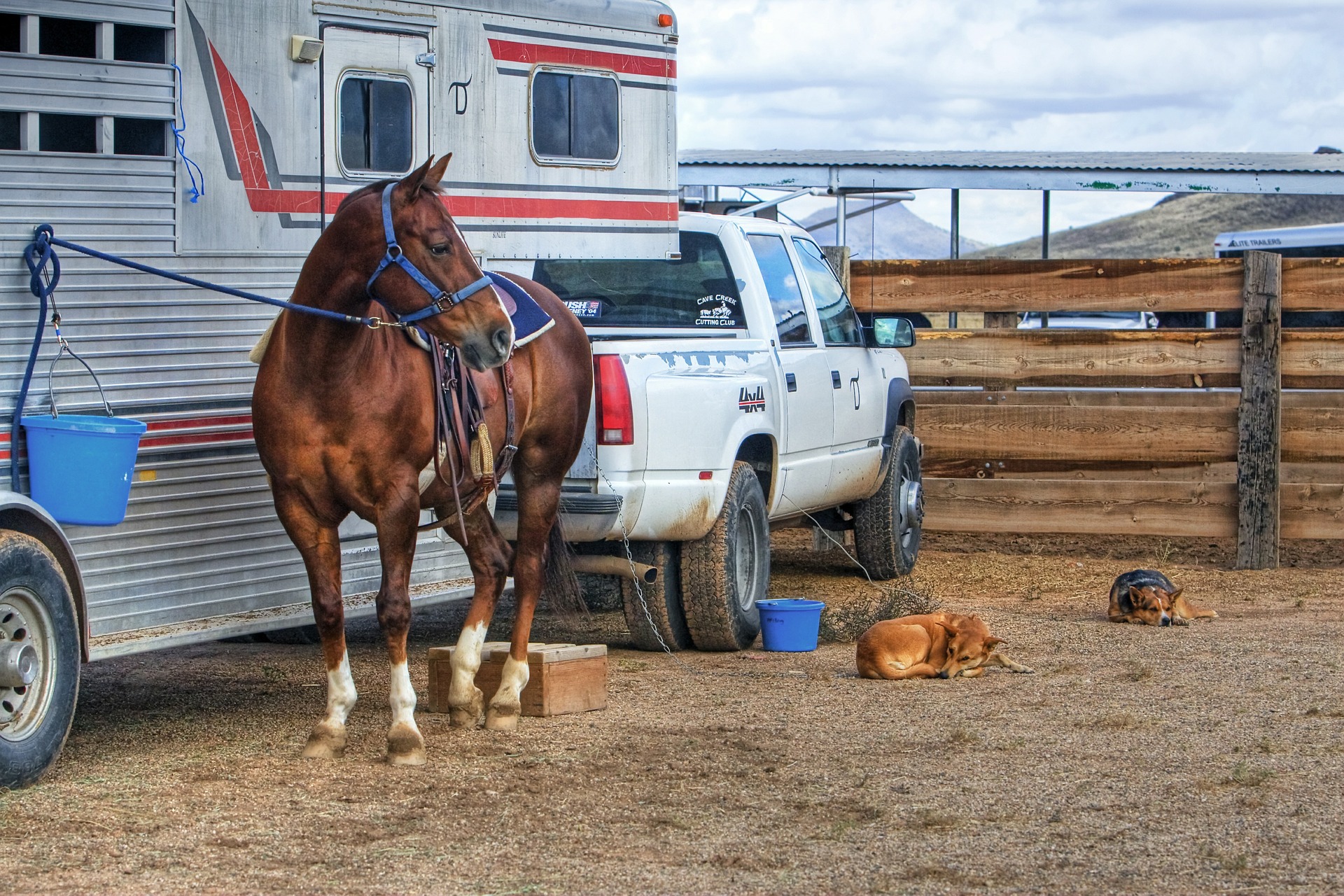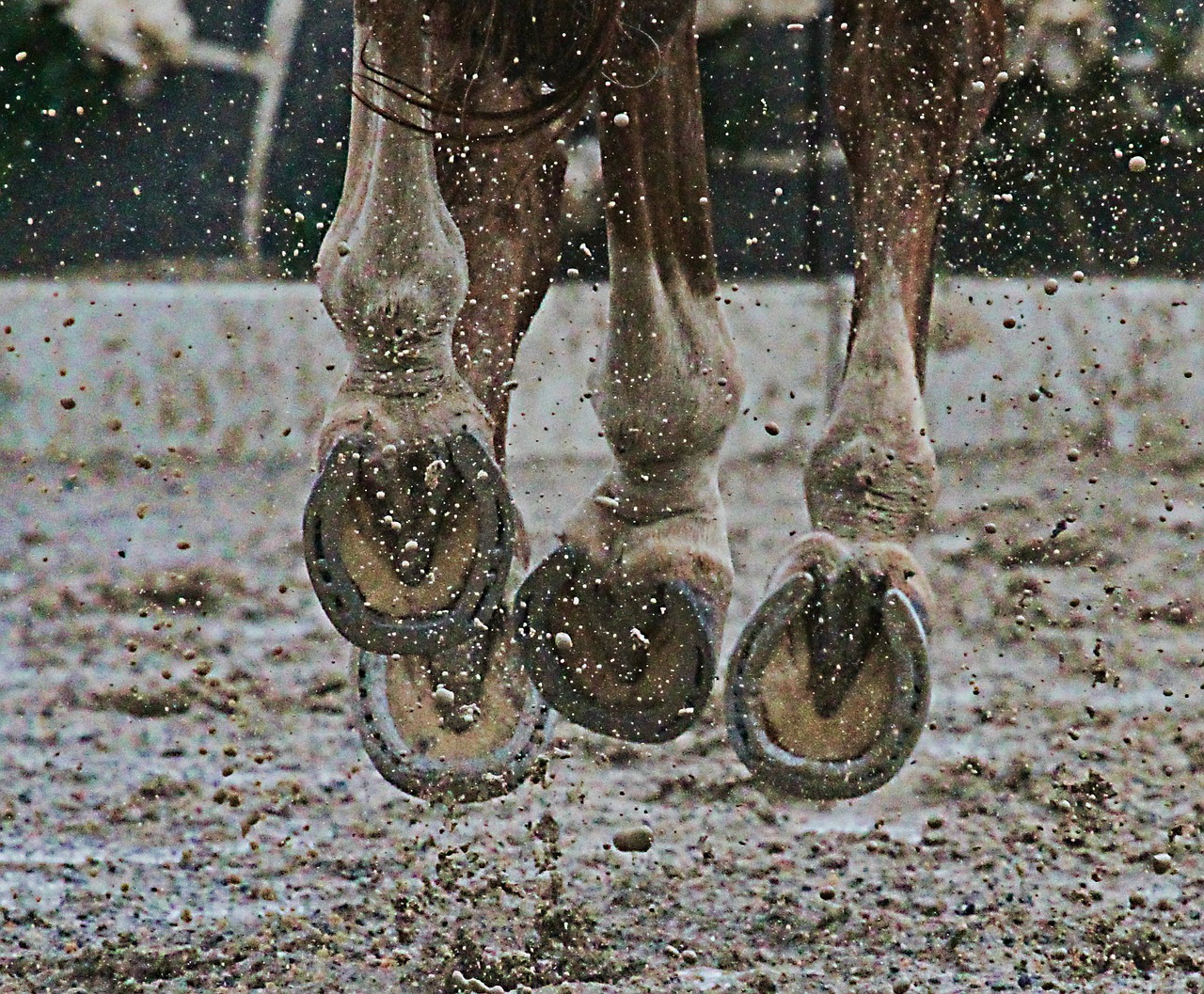 The arrival of spring means long-awaited opportunities for trail riding, clinics, and horse shows. However, travel, new stabling, and the mixing of horse populations can also provide the perfect conditions for the spread of disease. With a little planning and...
The arrival of spring means long-awaited opportunities for trail riding, clinics, and horse shows. However, travel, new stabling, and the mixing of horse populations can also provide the perfect conditions for the spread of disease. With a little planning and...
 While we are always grateful for precipitation here in Colorado, wet and muddy conditions contribute to the development of two common horse hoof conditions: abscesses and thrush. Abscesses A hoof abscess commonly presents as an acute onset severe lameness without...
While we are always grateful for precipitation here in Colorado, wet and muddy conditions contribute to the development of two common horse hoof conditions: abscesses and thrush. Abscesses A hoof abscess commonly presents as an acute onset severe lameness without...
 No matter how safe their environment may be, horses will always manage to find trouble. Unfortunately, a not-so-uncommon equine emergency is a sharp object that has penetrated through the bottom of the hoof, also known as a street nail. Any penetrating injury to the...
No matter how safe their environment may be, horses will always manage to find trouble. Unfortunately, a not-so-uncommon equine emergency is a sharp object that has penetrated through the bottom of the hoof, also known as a street nail. Any penetrating injury to the...
 Donkeys and mules are readily recognizable by their distinguished large ears. These equids frequently have the reputation of requiring less veterinary attention. Although they are certainly more stoic (and perhaps smarter!) than horses, they still need—and deserve—the...
Donkeys and mules are readily recognizable by their distinguished large ears. These equids frequently have the reputation of requiring less veterinary attention. Although they are certainly more stoic (and perhaps smarter!) than horses, they still need—and deserve—the...
 Today, our horses are living longer and healthier lives. With a longer life span we encounter additional challenges to keep our geriatric horses comfortable. One common condition in the older horse population is EOTRH (Equine Odontoclastic Tooth Resorption and...
Today, our horses are living longer and healthier lives. With a longer life span we encounter additional challenges to keep our geriatric horses comfortable. One common condition in the older horse population is EOTRH (Equine Odontoclastic Tooth Resorption and...








